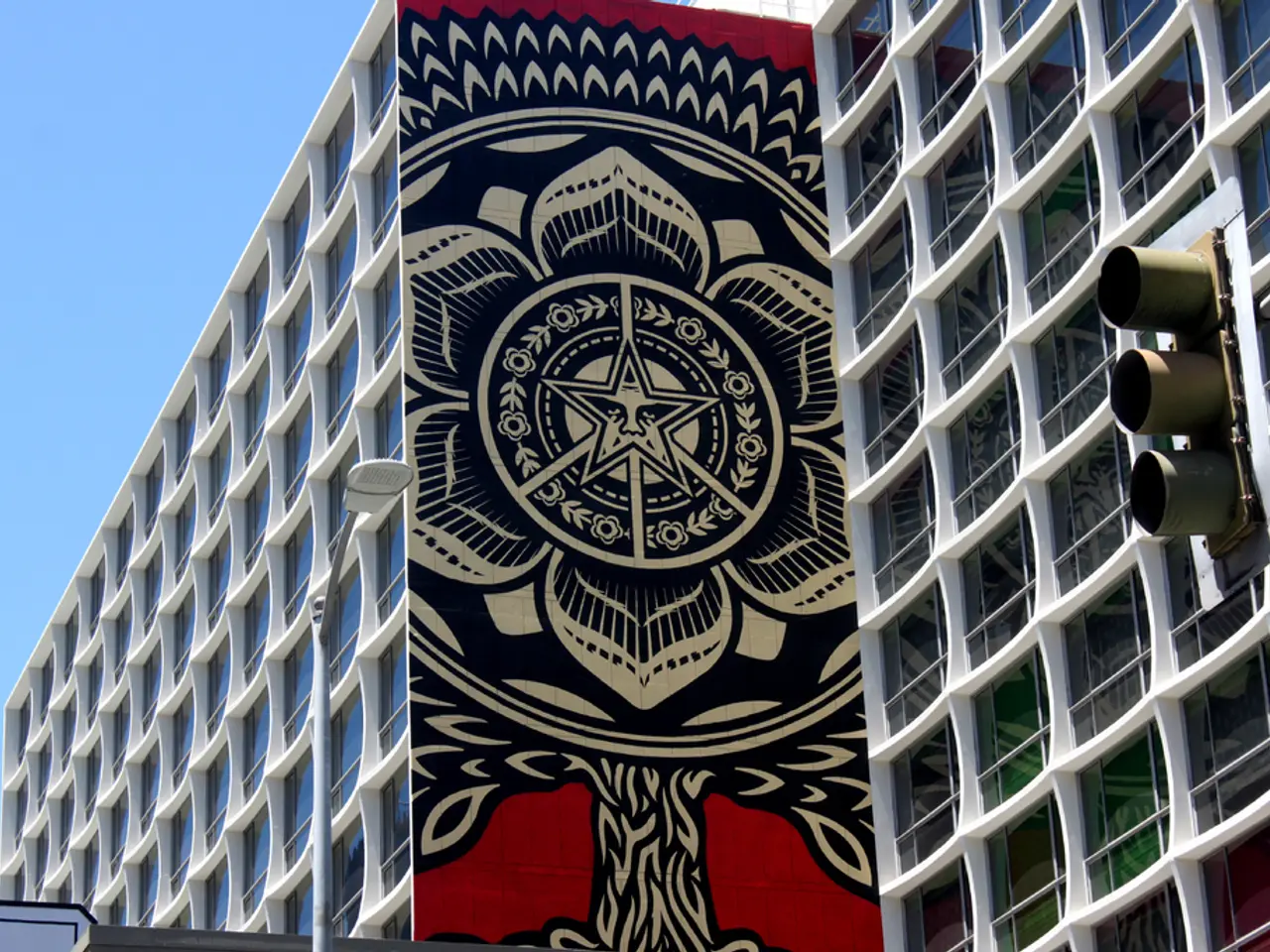Exposing and Eliminating the Rotten Core of Private Sector Misconduct in Singapore
In a significant move to uphold Singapore's commitment to transparency and anti-corruption efforts, the Singapore High Court has increased the custodial sentence of a marine surveyor convicted for omitting high-risk observations during an oil tanker inspection.
The case, Public Prosecutor v Syed Mostofa Romel [2015] SGHC 117, occurred in 2014. The accused, an associate consultant with a marine surveying firm, was found guilty of soliciting bribes in return for not discharging his duties, a practice that falls under the third broad category of private sector corruption identified by the court.
The District Court initially sentenced the accused to two months, but the Prosecution appealed this sentence as "manifestly inadequate." The High Court agreed, tripling the custodial sentence to six months. This decision serves as a strong reminder that such acts of corruption are not tolerated in Singapore, regardless of whether they occur in the public or private sector.
The High Court also emphasised the need to hold the private sector accountable for the public services they are responsible for delivering, as public services are increasingly being outsourced. The court's ruling underscores Singapore's commitment to maintaining its leading reputation for transparency, openness, and insusceptibility to corruption.
The Singapore Government is reviewing the Prevention of Corruption Act with a view to keeping pace with international developments. As part of this review, the Corrupt Practices Investigation Bureau will see a 20 percent increase in manpower. Additionally, a Corruption Reporting Center will be set up in the city center to allow the public to report graft incidents more discreetly and at a more publicly accessible location.
The Prime Minister announced these key developments in the area of corruption back in January 2015. Custodial sentences can be expected for those who solicit bribes by threatening to withhold legitimate rights, as such acts destroy Singapore's reputation for transparency in the business context. The Chief Justice stated that corruption is antithetical to everything Singapore stands for and compromises the predictability and openness which Singapore offers to investors.
This case serves as a warning to all individuals and organisations operating in Singapore that corruption will not be tolerated. The Singapore High Court's ruling sends a clear message that those found guilty of corruption will be punished severely, regardless of the sector in which the offence took place.




